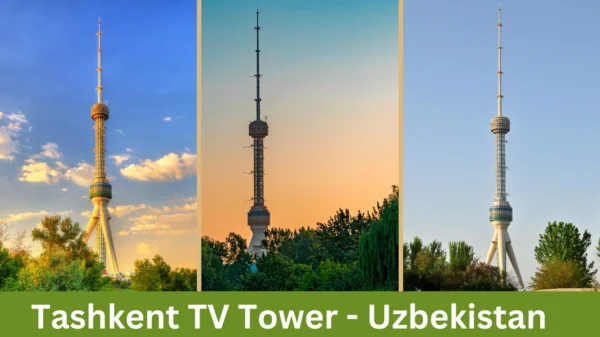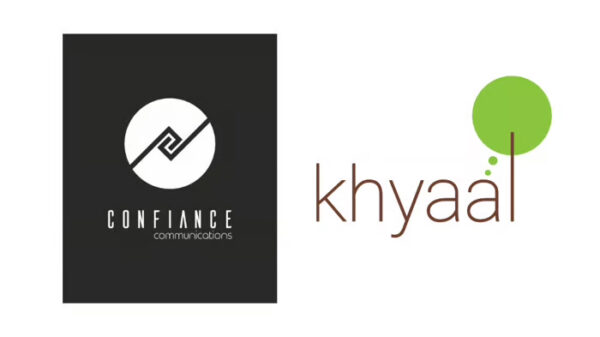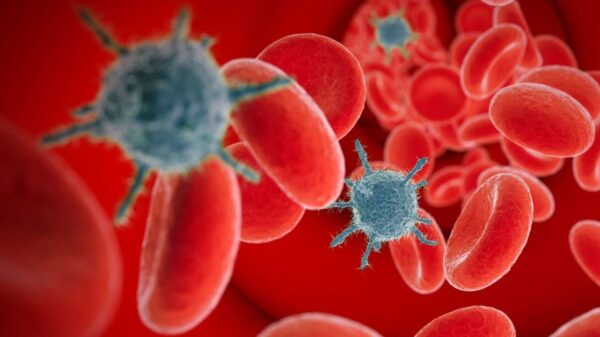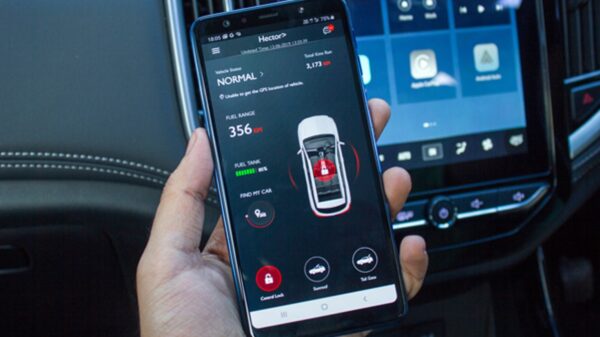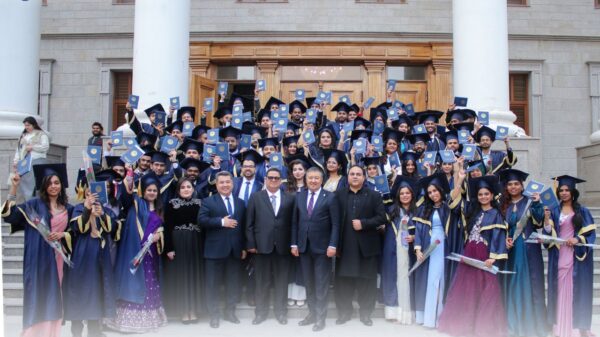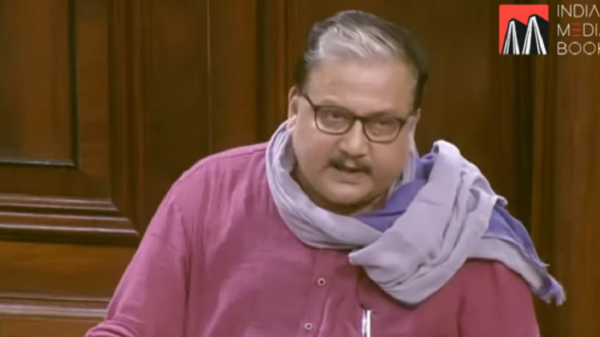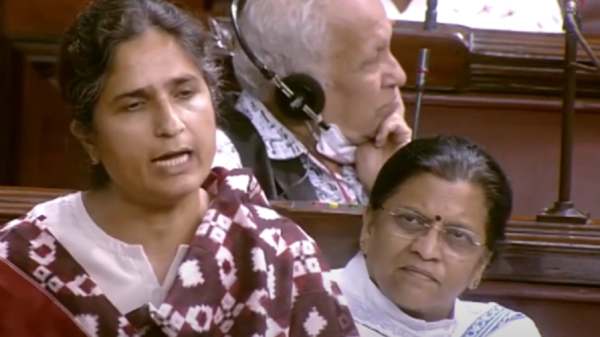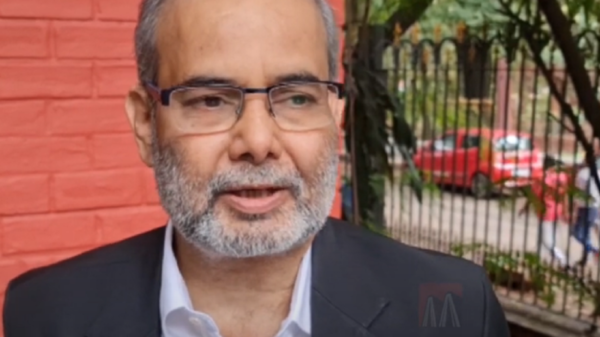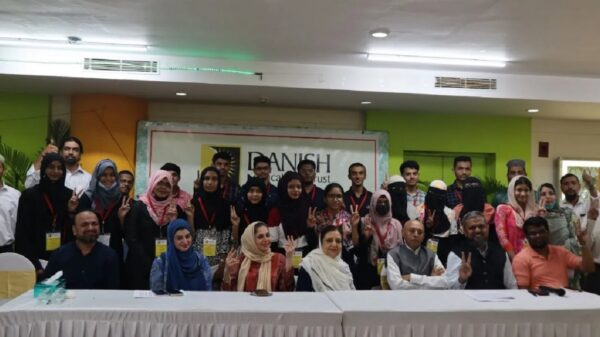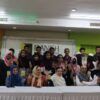NASA has honoured Katherine Johnson, who defied racism at the US space agency and became a legendary mathematician, by renaming its Independent Verification and Validation (IV&V) facility in West Virginia in her name.
Johnson, who turned 100 in August last year, is an African-American woman who led a distinguished career at the agency during a time when race tensions were high and when important roles with the National Advisory Committee for Aeronautics, a precursor to NASA, were dominated mainly by men.
“I am thrilled we are honouring Katherine Johnson in this way as she is a true American icon who overcame incredible obstacles and inspired so many,” Jim Bridenstine, NASA Administrator, tweeted late on Sunday.
According to NASA, US President Donald Trump signed into law in December an act of Congress calling for the redesignation.
The facility’s programme contributes to the safety and success of NASA’s highest-profile missions by assuring that mission software performs correctly.
“It’s a fitting tribute to name the facility that carries on her legacy of mission-critical computations in her honour,” added Bridenstine.
According to NASA, Johnson, whose journey was showcased in the 2016 film “Hidden Figures”, calculated the trajectory for Alan Shepard’s Freedom 7 mission in 1961 who was the first American to enter space.
In 1962, Johnson performed the work for which she would become best known when she was asked to verify the results made by electronic computers to calculate the orbit for John Glenn’s Friendship 7 mission.
Later, Johnson provided calculations for NASA throughout her career, including for several Apollo missions.
Johnson was awarded the Medal of Freedom in 2015 by former President Barack Obama, the nation’s highest civilian honour.
“It’s an honour the NASA IV&V Programme’s primary facility now carries Katherine Johnson’s name,” said Gregory Blaney, the programme’s director.
“It’s a way for us to recognise Katherine’s career and contributions not just during Black History Month, but every day, every year,” said Blaney.
IANS








